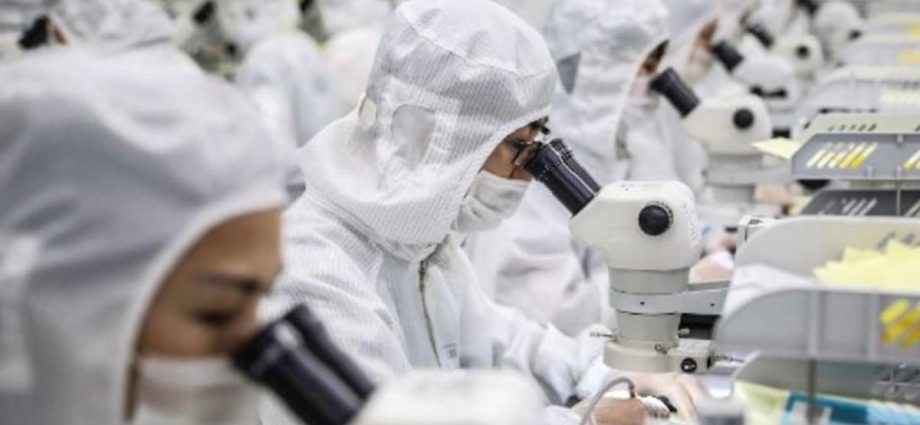As Beijing directs more funding into science and technology to meet its goal of self-reliance, some see the latest restrictions as an opportunity.
“China will continue to advance its technologies and is firmly supporting home-grown alternatives, so the withdrawal of US capital is a chance for us to step in,” said one investor in Shanghai focused on Chinese hi-tech firms.
Li from the ministry-affiliated centre also said the order could motivate Chinese scientists and that could “give a boost to these industries”. But he said those working overseas who had planned to return to China may now reassess their options.
According to Zeng Liaoyuan, from the University of Electronic Science and Technology of China in Chengdu, universities and research institutes are prepared for the restrictions.
“We won’t feel intimidated or devastated,” said Zeng, an associate professor of information and communication engineering. “We will continue to find ways to enhance China’s technological strength in these areas.”
But the tech rivalry between the two powers has had an impact in China. The quantum physicist said it was a pity that scientists found themselves in what he called a “lose-lose” situation, and that his start-up had been unable to source essential components from the US in recent years.
Sourcing parts has also been a problem for other Chinese companies. One researcher gave the example of Origin Quantum, a major Chinese player in quantum technologies.
“Origin Quantum used to say it should be able to build a quantum computer with hundreds of qubits,” said the researcher, who does not work for the company, referring to the basic units of information. “So far it has only built a computer with more than 70 qubits.”
This article was first published on SCMP.

